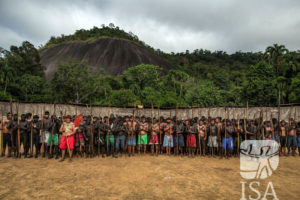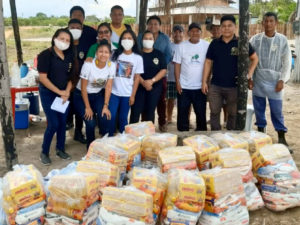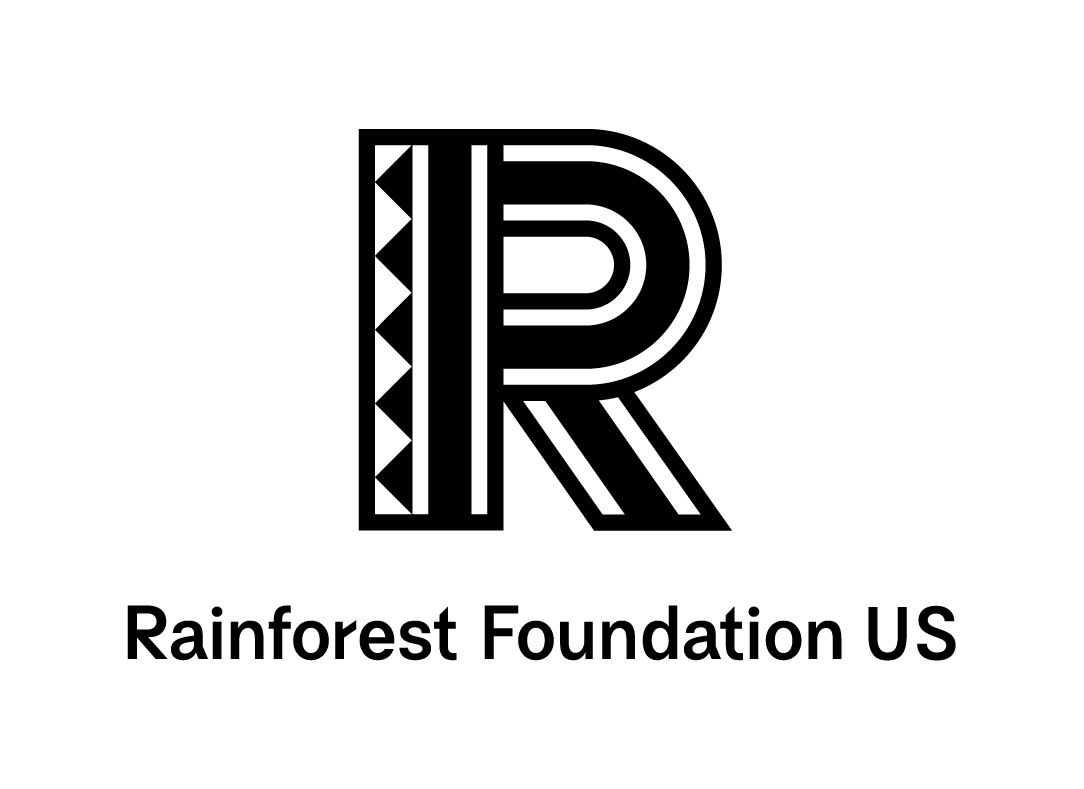Last week the Northern Peruvian Pipeline sprung a major leak, releasing a large volume of oil into Peru’s Marañon River. Far from being an isolated incident, this pipeline, which was built and operated by Peruvian state-owned oil company Petroperu, has caused over 100 spills since its construction in 1979. The pipeline was supposedly shut down after a spill that occurred in February, but Petroperu was found to be illegally pumping crude through the pipeline, and thus recklessly endangering the conservation areas through which the pipeline runs.
Indigenous peoples within the affected regions depend heavily upon the Marañon and the surrounding lands. The latest spill has impacted the health and lifestyles of, by conservative estimates, 3900 residents across 22 communities. While the government and Petroperú have delivered clean water to affected groups, much more needs to be done.
These communities also depend on the now-contaminated rivers for fishing and irrigation. As the spills increase in frequency and volume, food insecurity grows. The river bunting is frequently sticky with oil.
As one indigenous father told reporters: “I ate food from my field after the spill. Nobody told us it was dangerous, and I had nothing else to feed my children. Nobody has come to study our river, nobody has looked at the fish. How can we know if it is safe to eat? How can we feel as though the government cares about us?” To compound the problem, the small amount of food aid that Petroperu and the state provided ran out far ahead of schedule.
Feelings that the government has betrayed its people are natural, considering past allegations that Petroperu has hired indigenous children to clean oil spills at a rate of one dollar per day. Worse still, the children that agreed to the terms were not provided protective gear, potentially leading to long term consequences for their health.
Petroperu and the Peruvian government are creating an ecological and humanitarian disaster. The lack of consequences or significant sanctions for these spills is yet another bitter reminder that indigenous peoples in Peru are constantly marginalized as second-class citizens.
These communities, by asserting their rights over their ancestral lands, and braving the ecological crisis spurred by oil companies, put their lives on the line to protect our rainforests (and our climate) for generations to come. The world needs to step up, and protect these rainforest defenders. We must demand a written guarantee from Petroperu and the Peruvian state that, if the pipeline cannot remain free of leaks, then operations in these areas will be shut down permanently.





